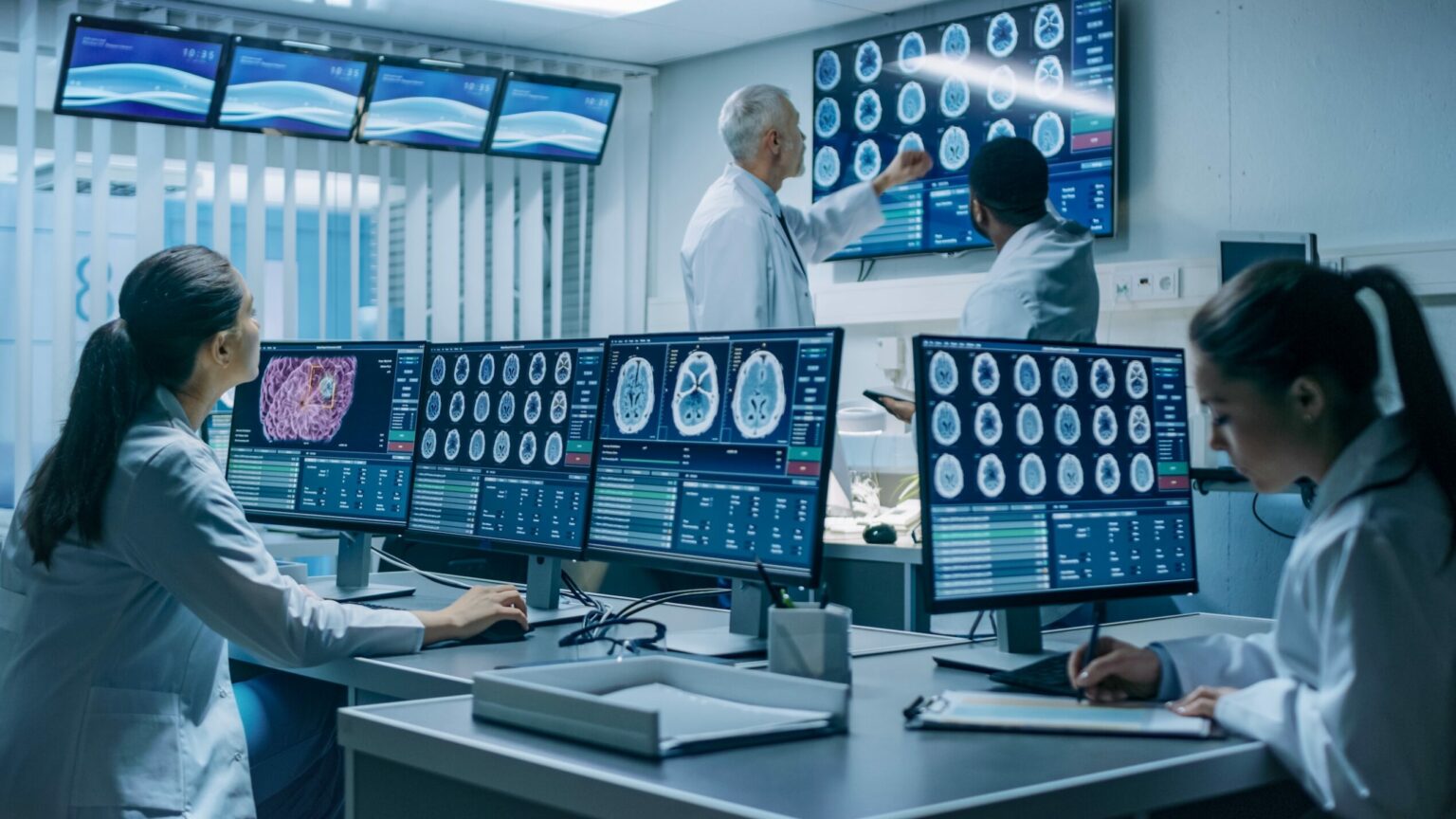Researchers from Johns Hopkins University are working on AI built from human brain cells, with the project touting “biocomputing” as the next big step for neural networks, reports RT.
“Computing and artificial intelligence have been driving the technology revolution, but they are reaching a ceiling,” said Thomas Hartung, a professor of environmental health sciences at the Johns Hopkins Bloomberg School of Public Health and Whiting School of Engineering, who is leading the work.
The team led by Hartung is aiming to build what it calls “organoid intelligence.”
Also Read: Civil Servants and Students Allowed to Quote From ChatGPT
“Biocomputing is an enormous effort of compacting computational power and increasing its efficiency to push past our current technological limits,” said Hartung.
‘Brain organoids: the future of sustainable computing’
For almost 20 years, researchers have been utilizing miniature organoids – artificial tissues that resemble fully-developed organs – to conduct experiments on organs such as kidneys and lungs, without the need for animal or human testing.
The scientists at Johns Hopkins have now been investigating brain organoids, minuscule orbs comparable in size to a pen dot that contain neurons and other components capable of supporting functions like memory and learning.
“This opens up research on how the human brain works, because you can start manipulating the system, doing things you cannot ethically do with human brains,” said Hartung.
In 2012, Hartung initiated the cultivation and arrangement of brain cells to create functional organoids; he accomplished this by utilizing cells from human skin samples that were reprogrammed into a state resembling embryonic stem cells.
The resulting organoids are composed of approximately 50,000 cells, which are roughly equivalent in size to the nervous system of a fruit fly. Hartung’s ultimate goal is to construct an advanced computer utilizing these brain organoids, per the university.
AI based on the human brain
Scientists at Johns Hopkins University have published what they call "organoid intelligence This intelligence will include arrays of brain organoids grown from human stem cells and connected to sensors. ¿ Will this be a robot or a person? pic.twitter.com/eP67z0dPSZ— Ed… (@elcocary) March 4, 2023
Hartung believes that in the coming decade, computers utilizing this “biological hardware” could potentially alleviate the mounting energy requirements of supercomputing that are quickly becoming unsustainable.
“The brain is still unmatched by modern computers. Frontier, the latest supercomputer in Kentucky, is a $600 million, 6,800-square-feet installation. Only in June of last year did it exceed for the first time the computational capacity of a single human brain— but using a million times more energy,” said Hartung.
Student allowed to keep diploma for AI-written thesis
The era of AI has picked up since the release of ChatGPT by OpenAI last November. OpenAI’s ubiquitous AI-powered chatbot has faced continuous restrictions since its launch.
The recent adoption of a Russian student’s thesis has raised eyebrows, as he faced scrutiny for defending a paper authored by ChatGPT. Despite the controversy, the student has been granted permission to retain his diploma.
“In short, writing a thesis with ChatGPT is cool,” said Alexander Zhadan, in a widely-circulated Twitter thread on Wednesday. He confirmed that he had used OpenAI’s ChatGPT chatbot to compose his paper and had earned a passing grade.
“You definitely need to edit it yourself, but the machine produces most of it on its own,” said Zhadan, detailing his 23-hour effort to write prompts and translate ChatGPT’s answers into Russian.
After Zhadan’s account of using a chatbot to write his thesis in modern organizational management became viral, the Russian State University for the Humanities requested a meeting with the student to discuss the matter.









 and then
and then